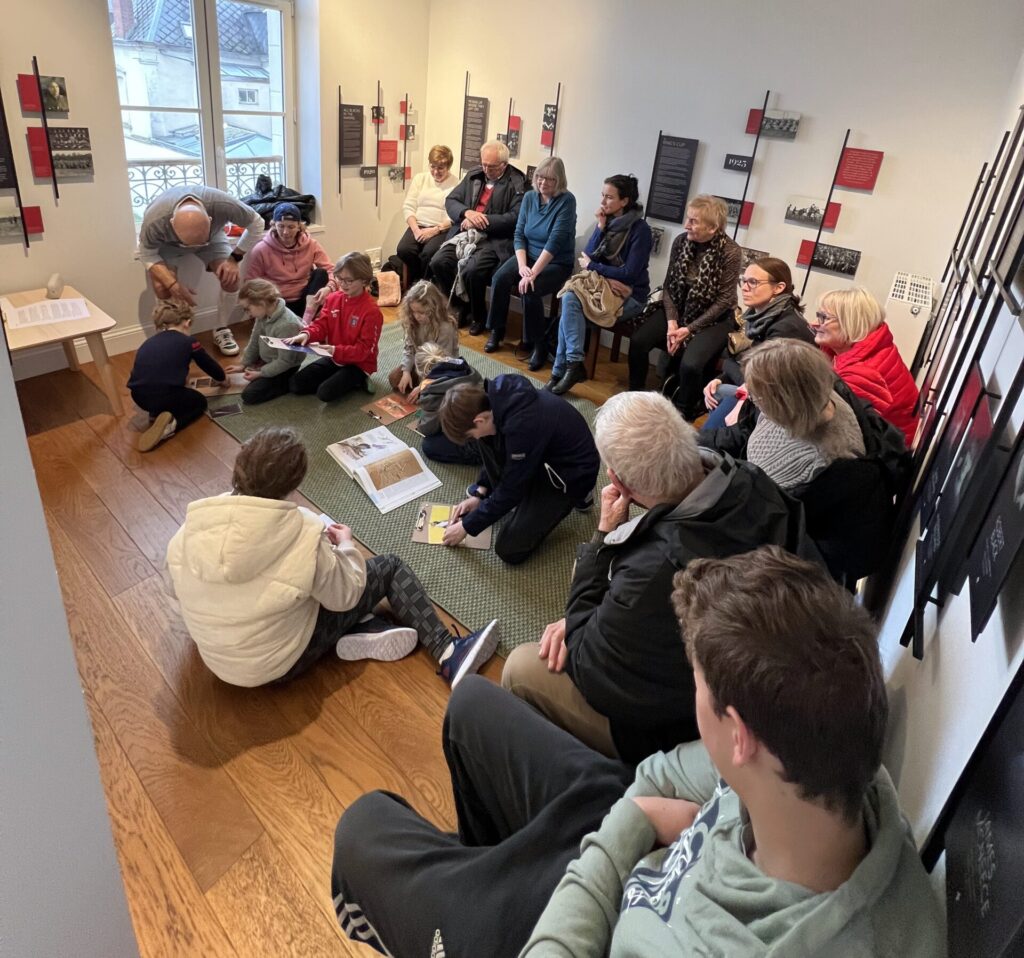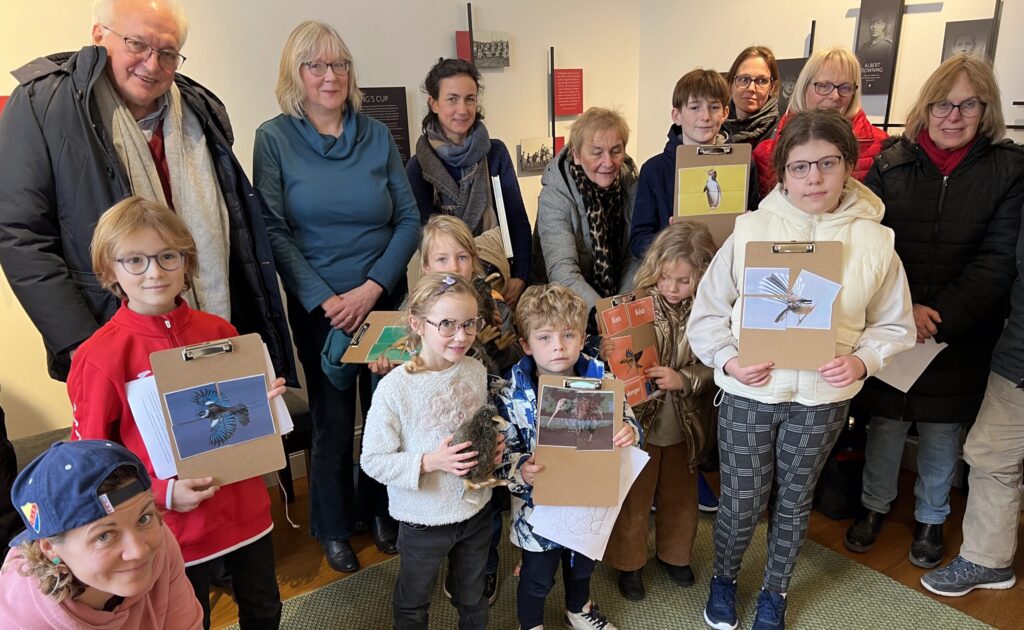The booming kākāpō, the cheeky kea, the yellow-eyed penguin… for the French, the native birds of New Zealand are as bizarre as they are beautiful. This month, Te Arawhata marked the end of the February school holidays with a workshop on these fascinating creatures, how they came to be so unique and what we can do to protect them today.

New Zealand has been separated from other land for some 80 million years – indeed, since before mammals existed. These meant that our isolated part of the world was only ever inhabited by animals which could – originally, at least – fly. Birds, insects, and the occasional species of bat, called Aotearoa home, steadily adapting to their predator-free environment until they no longer needed many of their defence mechanisms of mainland animals. The kiwi and kākāpō lost their ability to fly; the moa grew to be over two metres tall; and the many other species developed long and slow breeding cycles.
By the time humans arrived, with the pets and stowaways in tow, many of our birds were defenceless. Today, many Kiwis (the people) are fighting to protect the kiwi (the bird) and its feathered friends.
Our visitors learnt about the threats to our native fauna and the actions being taken to protect it. While the workshop was designed for children, our group of 19 included many adults, and all learnt something about our bizarre and much-loved birds. And, they did a great job of finding our shy kiwis tucked throughout the museum!

Our next school holiday programme will take place Sunday 20 April and will include the opportunity to make the famous Anzac biscuit. We hope to see you there!
